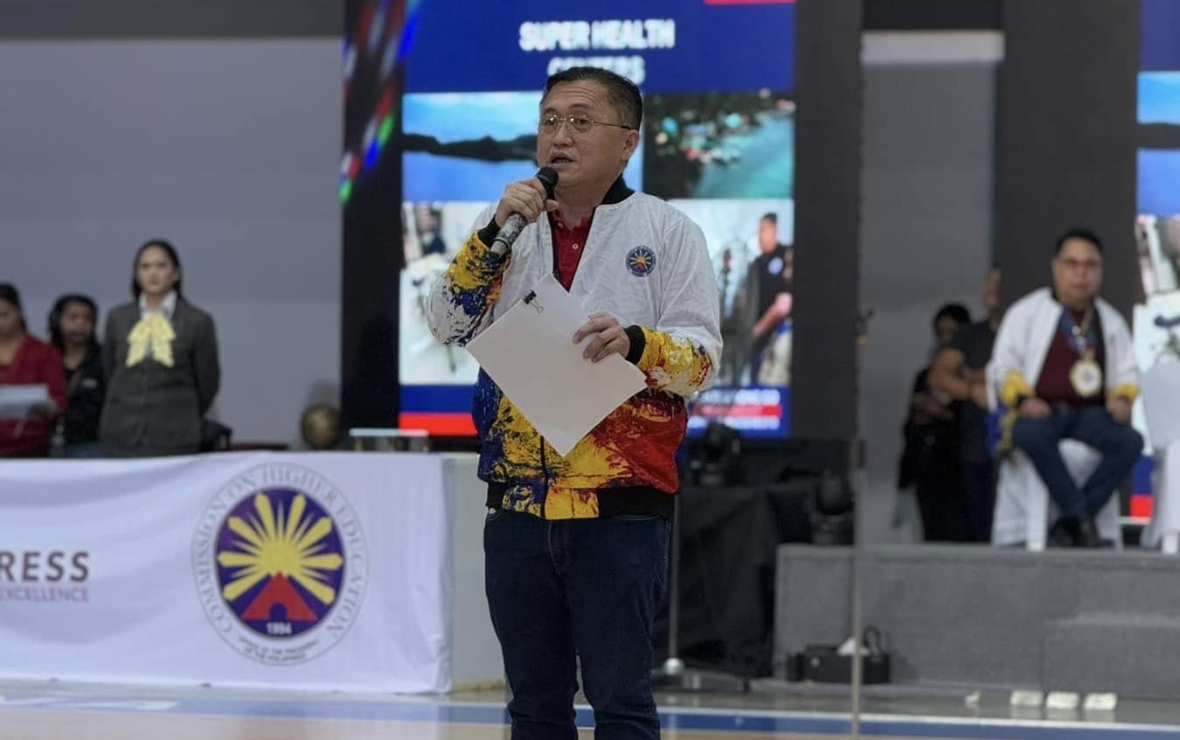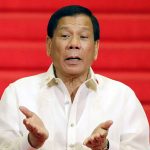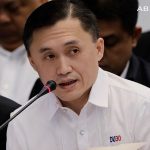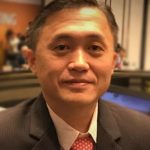Senator Christopher “Bong” Go, a dedicated advocate for sports development and Chairperson of the Senate Committee on Sports, expressed support for naturalized athletes enjoying their rights as ordinary Filipinos. However, Go raised concerns about potential “mismatches” if naturalized players were allowed to compete as locals in the Philippine Basketball Association (PBA) All-Filipino Cup.
Speaking during a public hearing of the Senate Committee on Justice on Tuesday, December 10, he emphasized the importance of fairness and preserving the competitive spirit of the league.
“I’ve been a PBA fan for the last 43 years. Bata pa ako, 7 years old pa lang ako, nanonood na ako sa Araneta. Hindi ko po gustong mawala yung excitement ng mga laro dahil sa mga posibleng mismatch,” Go said, recalling his personal connection to the league.
While supporting naturalized players being recognized as Filipinos under the law, Go called for a nuanced approach to their inclusion in domestic basketball leagues. He noted the contributions of players like Justin Brownlee, Andray Blatche, Ange Kouame, and Marcus Douthit, who have brought honor to the country on the international stage.
However, he emphasized the need to avoid scenarios that could disrupt competitive balance in local competitions.
Citing Article IV, Section 1 of the 1987 Constitution, Go highlighted that naturalized citizens should enjoy the same rights and privileges as natural-born Filipinos.
“Naturalization is a legal process that grants individuals the rights and privileges of citizenship,” he explained. “Kapag naging naturalized citizen sila, they pledge their allegiance to our country at tinatanggap nila ang ating kultura at mga halaga. Kaya nararapat lamang na sila ay maituturing na mga Pilipino.”
Go also referenced Supreme Court rulings, including Dennis Go v. Republic of the Philippines and International School Alliance of Educators v. Hon. Quisumbing, which affirm fairness and justice, ensuring naturalized individuals are not subjected to discriminatory practices.
While advocating inclusivity, Go raised concerns about how treating naturalized players as locals could affect the dynamics of the PBA.
“Halimbawa, si Justin Brownlee, maging local player na, tapos may import na, parang dalawa na ang magiging import niya,” he warned.
He also pointed out the increasing skill level of local players like Junemar Fajardo and Kai Sotto, who can already compete effectively with imports. Despite this, allowing multiple naturalized players to play as locals could create a competitive imbalance, reducing the league’s excitement and appeal.
“‘Pag naging mismatch ang laro, mawawala ang gana ng mga manonood,” he cautioned.
Eric Castro of PBA clarified that the league currently has three player categories: local or homegrown talents, foreign players with Filipino lineage, and imports. He noted that there is no specific category for naturalized players, so they are classified as imports. He referenced the International Basketball Federation (FIBA) rule, which allows only one naturalized player per team, as seen with Justin Brownlee and past players like Marcus Douthit and Andray Blatche.
Castro also emphasized that creating a separate category for naturalized players in the PBA might disrupt the competitive balance among the league’s 12 teams. While acknowledging the complexities, he assured that the PBA would look into the matter.
Meanwhile, Jong Uichico of the Samahang Basketbol ng Pilipinas (SBP) stated that the SBP’s application for player naturalization is exclusively for the national team, specifically for Gilas Pilipinas, to enhance its competitiveness in international tournaments.
Addressing PBA officials, Senator Ronald dela Rosa underscored the need for collaboration to craft policies that align with legal principles without compromising the league’s competitiveness. Dela Rosa highlighted potential challenges of classifying naturalized players as locals, cautioning against scenarios that could disrupt competitive balance or harm the league’s integrity.
He stressed that the Senate would not endorse measures that could jeopardize the PBA’s standing and appeal.
Go echoed Dela Rosa’s sentiments. “Magkasabay tayong nanonood, PBA fan tayo. We love basketball, we love PBA,” he said, emphasizing his primary concern of maintaining the league’s excitement and competitive balance. He urged stakeholders to prioritize the national interest while crafting solutions for integrating naturalized players into the league.
“Pakisabi sa lahat ng mga naturalized players like Brownlee, na since dumaan sila dito sa proseso ng Kongreso at naging Pilipino na sila, unahin nila, bigyan nila ng prayoridad ang paglalaro sa Philippine National Team natin,” Go emphasized.
He highlighted Justin Brownlee’s contributions, particularly his role in securing the country’s first Asian gold medal in basketball in 62 years.
Go reiterated the importance of adhering to existing laws while finding innovative ways to ensure fair competition.
“Pag-aralan ninyo ng mabuti, lalo na sa mga nagdadala ng liga. Hindi dapat maging mismatch, dahil kapag nawala ang competition, mawawala na rin ang excitement ng mga manonood,” he emphasized.
Go’s remarks come in the context of Senate Resolution No. 701, which questions the practice of local sports associations not considering naturalized citizens as locals. He pointed out that this issue transcends basketball, touching on fundamental principles of equal protection under the law.
“The Equal Protection Clause ensures that all persons similarly situated should be treated alike,” he noted. “Ang ating mga naturalized players ay nag-aambag ng karangalan sa ating bansa. Dapat kilalanin ang kanilang kontribusyon, ngunit hindi dapat isakripisyo ang balanse at fairness sa ating domestic leagues.”
Go has been a staunch advocate for inclusivity in sports. Last August, he facilitated financial support of PHP 500,000 each to Filipino para-athletes who participated in the 2024 Paris Paralympic Games. The grant distribution took place in the Senate, where Filipino para-athletes received financial assistance from Go and the Philippine Sports Commission.
He also sponsored Senate Bill No. 2789, which seeks to amend Republic Act No. 10699 to increase incentives for para-athletes, aligning their rewards with those of their non-disabled counterparts who are considered elite athletes.







